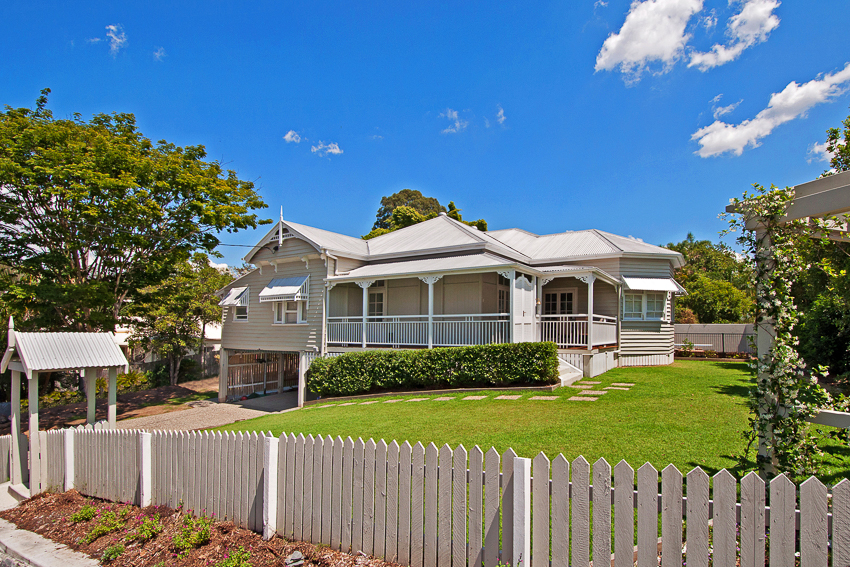RBA cuts: How will it impact the Property Market?
March 2020
Source: Article published from Canstar Titled “RBA cuts as corronavirus worsens: how will it impact the economy, property market and interest rates?”
At its emergency meeting today the Reserve Bank (RBA) announced a cash rate cut of 0.25%, bringing the cash rate to 0.25% the lowest in Australian history!

The escalation of the coronavirus (CONVID-19) dominated discussions at the emergency meeting today, with the Reserve Bank (RBA) announcing a cash rate cut of 0.25%, bring the cash rate to 0.25% the lowest in Australian history! RBA Governor Philip Lowe said the decision was based on the need to support the economy as it responds to the coronavirus outbreak.
“The global outbreak of the coronavirus is expected to delay progress in Australia towards full employment and the inflation target,” Dr Lowe said.
He said the virus was already hurting the local economy – particularly the education and travel sectors – and that the central bank was prepared to ease the cash rate further if need be.
Canstar finance expert Steve Mickenbecker said the rising unemployment rate, and weak consumer spending, business investment and GDP growth – or lack thereof – were all factors behind the rate cut today.
But what could this coronavirus-induced unease mean for the property market?
What will coronavirus mean for the property market?
With the Reserve Bank cut now in affect after the developing coronavirus outbreak, this could be a positive for the housing market (prices may stabilise or go up)!
But the reason the bank is cutting is coronavirus is negatively impacting the economy as a whole – there’s no escaping that fact. Yes, the government has released its stimulus package and there may be more fiscal stimulus on the way, but there are limits to what any government can do. There will be negative effects on employment. It will be a short, sharp shock to the economy.
We expect a strong rebound by 2021 but in the short term, it will hurt. There are sectors in the economy where people will lose jobs and it’s fair to say coronavirus is generating uncertainty more broadly in the community and, in turn, in the economy.
“However, if the situation badly worsens globally and the virus takes hold in Australia then it could become a big short-term negative,” Dr Oliver said.
He said the recent loss of sharemarket wealth could drag on property demand, “if people put off buying property along with other activities for fear of catching the virus”.
Further RBA cuts could potentially help boost the number of people buying property once fears of the coronavirus spread come under control, he said.
CoreLogic head of research Tim Lawless said the latest cash rate cut might not boost housing demand and price growth, partly because it’s unlikely to be fully passed on in mortgage rates.
“Lower interest rates would normally be a catalyst for an acceleration in housing demand and value growth, however there is less certainty that this will add fuel to the housing market in the current economic climate,” Mr Lawless said.
How are interest rates faring for borrowers and savers?
In the past month, Canstar has seen nearly 250 cuts to interest rates on home loans on our database, with the vast majority of those made to fixed loans.
There were 225 fixed home loans cut, by an average of 0.26 percentage points, and 24 variable loan rate cuts, by an average of 0.15 percentage points.
Before the RBA announcement, the average standard variable home loan rate for owner occupiers paying principal and interest was 3.81%, while the minimum was 2.69% (comparison rate 2.71%).
Banks typically follow the cash rate movements as a guide to set interest rates on their products, which is why we’ve seen mortgage rates going down, but experts such as Mr Lawless say it’s increasingly unlikely banks will pass on all future rate cuts given rates are already so low.
Despite this, non-major banks including Homestar, Athena and 86 400 announced within minutes of the RBA’s decision today that they would pass on the full rate cut to their home loan customers.
As for savers, Canstar saw a continued downwards spiral in interest rates in February, with 19 institutions reducing rates for their term deposits. The lowest term deposit rate to lock in your cash for one year is now 0.80%, while the highest is 1.43%.
Online savers have seen falls of an average 0.15% for ongoing base interest rates. Most of the major banks – Westpac, National Australia Bank and ANZ – slashed interest rates on savings accounts earlier this year.
While the major banks, in particular, have been lowering their savings rates, neobank customers have been earning up to 2.25% on their savings deposits at Up, Xinja and 86 400, while Volt offers 2.15%.




